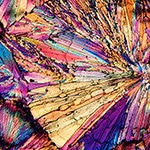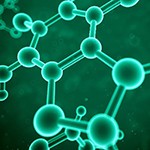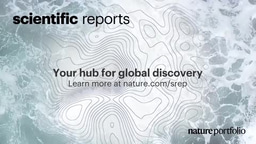Chemistry Editors' Highlights
Published in Chemistry

The Nature Communications editors are featuring a few articles from the chemical sciences recently published in the journal that they believe are particularly interesting or important. Browse our Editors' Highlights pages below.
 Catalysis >>
Catalysis >>
 Inorganic and Physical Chemistry >>
Inorganic and Physical Chemistry >>
 Energy >>
Energy >>
 Materials Science and Chemistry >>
Materials Science and Chemistry >>
 Organic Chemistry and Chemical Biology >>
Organic Chemistry and Chemical Biology >>
Image: Getty Images/iStockphoto/TomasSereda
Follow the Topic
-
Nature Communications

An open access, multidisciplinary journal dedicated to publishing high-quality research in all areas of the biological, health, physical, chemical and Earth sciences.
Related Collections
With Collections, you can get published faster and increase your visibility.
Women's Health
Publishing Model: Hybrid
Deadline: Ongoing
Advances in neurodegenerative diseases
Publishing Model: Hybrid
Deadline: Mar 24, 2026





Please sign in or register for FREE
If you are a registered user on Research Communities by Springer Nature, please sign in